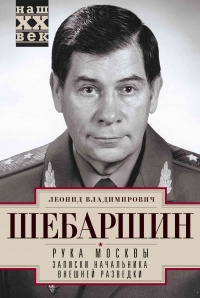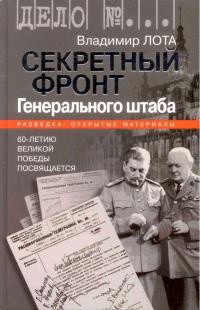Книга Вымысел исключен. Записки начальника нелегальной разведки. Части 1, 2 - Юрий Дроздов
На нашем литературном портале можно бесплатно читать книгу Вымысел исключен. Записки начальника нелегальной разведки. Части 1, 2 - Юрий Дроздов полная версия. Жанр: Книги / Историческая проза. Онлайн библиотека дает возможность прочитать весь текст произведения на мобильном телефоне или десктопе даже без регистрации и СМС подтверждения на нашем сайте онлайн книг knizki.com.
Шрифт:
-
+
Интервал:
-
+
Закладка:
Сделать
Перейти на страницу:
Перейти на страницу:
Внимание!
Сайт сохраняет куки вашего браузера. Вы сможете в любой момент сделать закладку и продолжить прочтение книги «Вымысел исключен. Записки начальника нелегальной разведки. Части 1, 2 - Юрий Дроздов», после закрытия браузера.
Книги схожие с книгой «Вымысел исключен. Записки начальника нелегальной разведки. Части 1, 2 - Юрий Дроздов» от автора - Юрий Дроздов:
Комментарии и отзывы (0) к книге "Вымысел исключен. Записки начальника нелегальной разведки. Части 1, 2 - Юрий Дроздов"
























